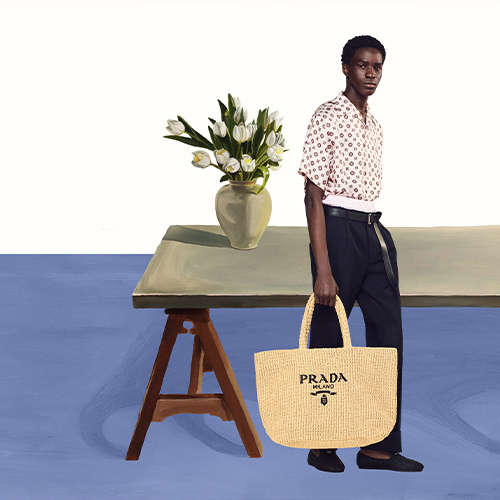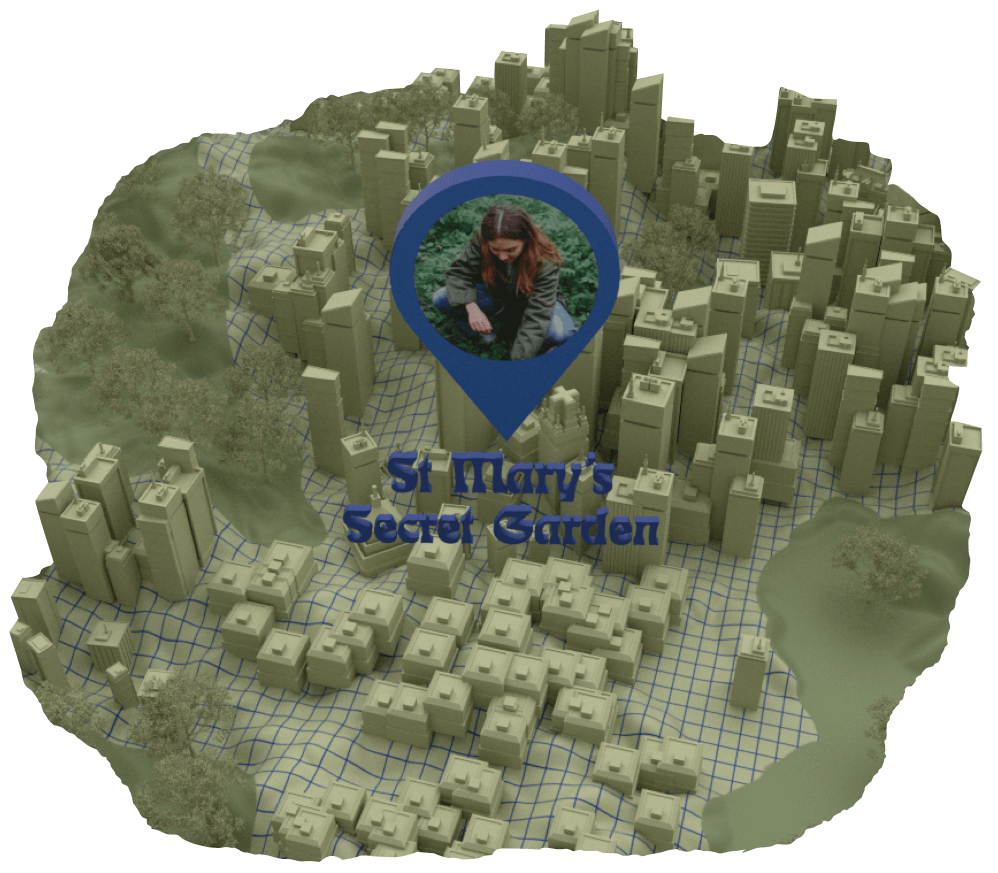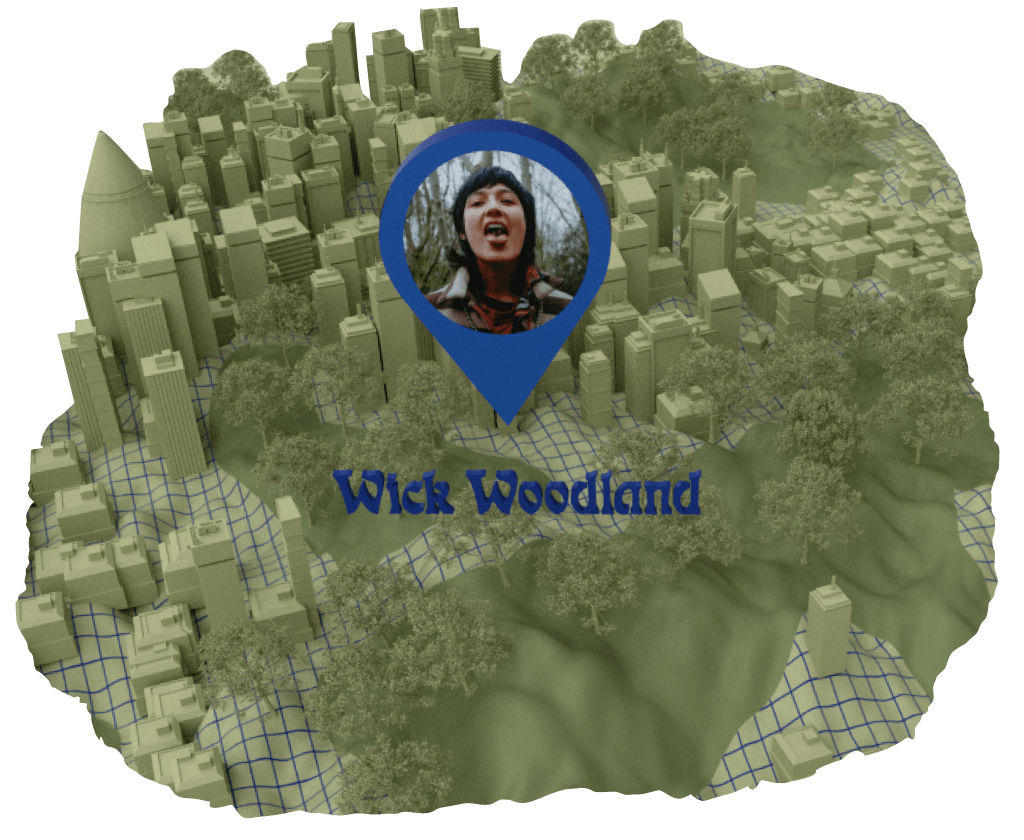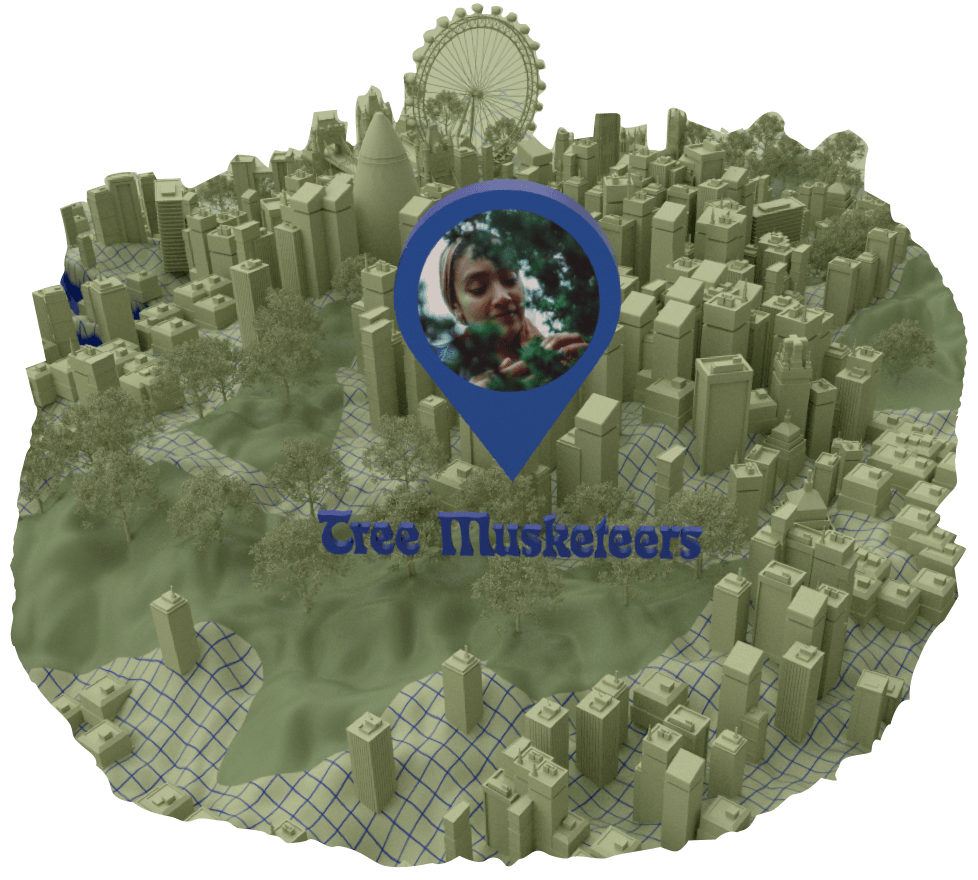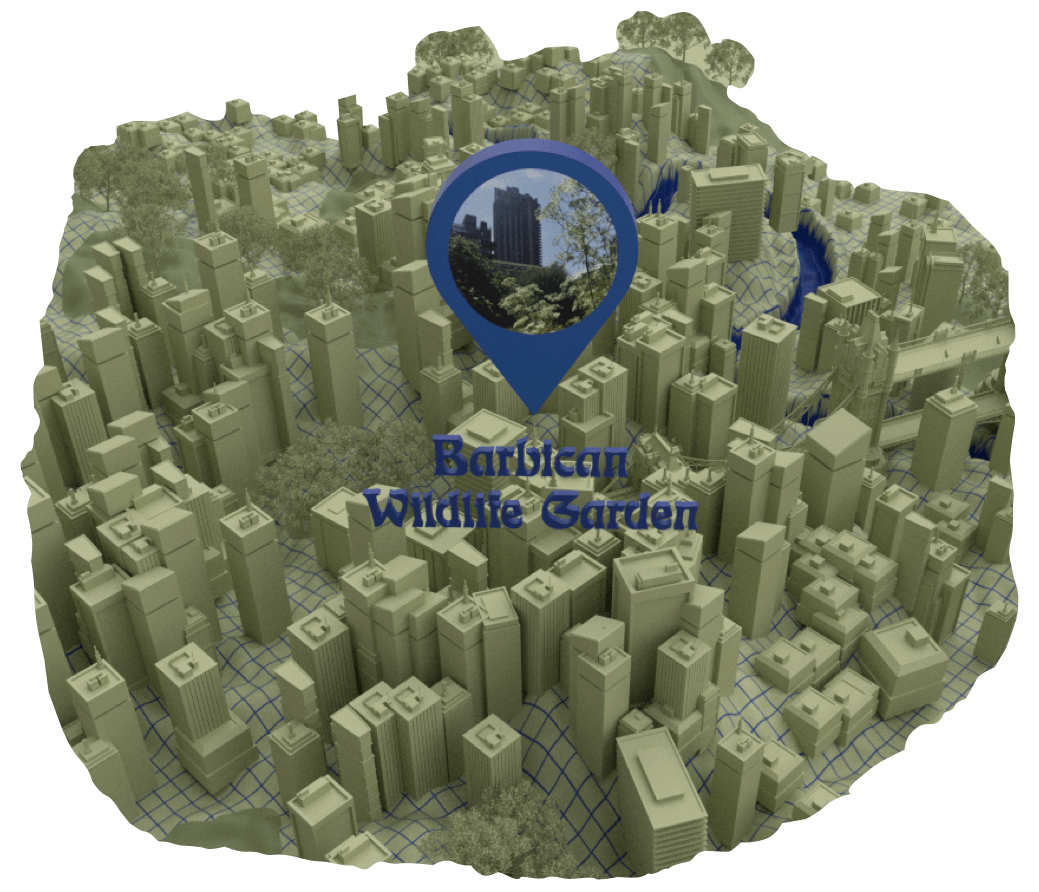- Australia / AUD $
- Canada / CAD $
- China / CNY ¥
- France / EUR €
- Germany / EUR €
- Hong Kong SAR China / HKD $
- Ireland / EUR €
- Italy / EUR €
- Japan / YEN ¥
- Kuwait / USD $
- Macao SAR China / HKD $
- Netherlands / EUR €
- Qatar / USD $
- Saudi Arabia / USD $
- Singapore / SGD $
- South Korea / KRW ₩
- Spain / EUR €
- Taiwan / TWD $
- United Arab Emirates / USD $
- United Kingdom / GBP £
- United States / USD $
- Not yours? Read more
Tell us what you think
Shop in your local currency and language
You are currently in Kuwait KW / USD $ store
- English
- English
- English
- English
- English
- English
- English
- English
- English
- English
- English
- English
- English
- English
- English
- English
- English
- English
- English
- English
- English
Did you know that we deliver to 130 countries or regions and offer a range of delivery options to suit you wherever you are in the world? Find out more
Sign up once to our Selfridges+ service and you can enjoy unlimited deliveries wherever you are in the world. FIND OUT MORE
International delivery
With almost everything on selfridges.com available for International Delivery, you can send your order to 130 countries or regions around the world, including North America, Australia, the Middle East and China.
Although we only offer 20 currencies to browse in online, you can still deliver to all of the following countries or regions:
- Algeria
- Andorra
- Antigua and Barbuda
- Aruba
- Australia
- Austria
- Azerbaijan
- Bahrain
- Bangladesh
- Barbados
- Belarus
- Belgium
- Belize
- Bermuda
- Bolivia
- Botswana
- Brunei
- Bulgaria
- Cambodia
- Canada
- Cayman Islands
- Chile
- China
- Colombia
- Costa Rica
- Croatia
- Cyprus
- Czech Republic
- Denmark
- Dominica
- Dominican Republic
- Ecuador
- Egypt
- El Salvador
- Estonia
- Finland
- France
- French Guiana
- Germany
- Gibraltar
- Greece
- Grenada
- Guadeloupe
- Guatemala
- Guernsey
- Guyana
- Honduras
- Hong Kong
- Hungary
- Iceland
- India
- Indonesia
- Ireland
- Israel
- Italy
- Jamaica
- Japan
- Jersey
- Jordan
- Kazakhstan
- Kenya
- Kuwait
- Laos
- Latvia
- Lebanon
- Lesotho
- Liechtenstein
- Lithuania
- Luxembourg
- Macau
- Malaysia
- Maldives
- Malta
- Martinique
- Mayotte
- Mexico
- Monaco
- Montserrat
- Morocco
- Myanmar
- Namibia
- Netherlands
- New Zealand
- Nicaragua
- Nigeria
- Norway
- Oman
- Pakistan
- Panama
- Paraguay
- Peru
- Philippines
- Poland
- Portugal
- Puerto Rico
- Qatar
- Reunion
- Romania
- Rwanda
- Saint Kitts and Nevis
- Saint Lucia
- Saint Martin (French part)
- San Marino
- Saudi Arabia
- Serbia
- Singapore
- Slovakia
- Slovenia
- South Africa
- South Korea
- Spain
- Sri Lanka
- Suriname
- Swaziland
- Sweden
- Switzerland
- Taiwan
- Tanzania
- Thailand
- Trinidad and Tobago
- Turkey
- Uganda
- Ukraine
- United Arab Emirates
- United Kingdom
- United States
- Uruguay
- Venezuela
- Vietnam
Words: George Walker. Images & video: James and James
As part of Good Nature – our ongoing exploration into the healing powers of nature and escapism – we’ve teamed up with members of environmental organisation Nature Is A Human Right to create an inner-city orienteering route that allows you to discover secret nature hotspots, inspiring communities and the positive actions you can make to ensure our cities are more green than grey. Plus, to help you take some lighter steps on the Earth as you head out to explore, we’ve curated a special Project Earth edit of pre-loved outdoors wear and earth-conscious outdoors accessories (more on that below).
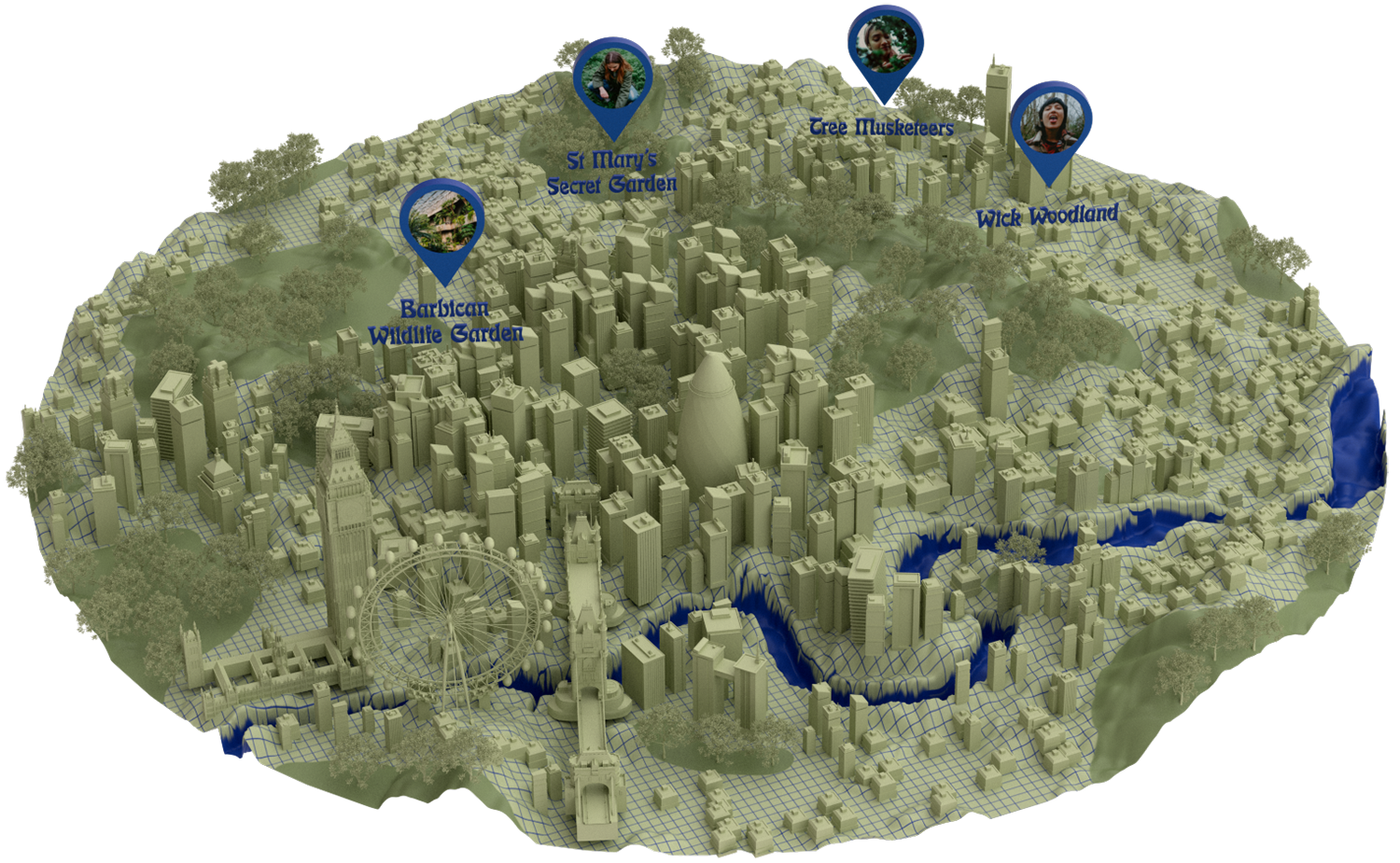
“My vision is of cities that are more green than grey,” says Ellen Miles, who founded Nature is a Human Right to campaign for making the great outdoors accessible to all. With 2.7 million people in the UK not having any green space within accessible walking distance, she has brought together a wide range of campaigners, educators and activists who are all dedicated to giving everyone the opportunity to discover the mental and physical health benefits of spending time in nature.
So, what better way to begin our trail than in one of our cities’ community gardens: St Mary’s Secret Garden in east London, to be exact. For over 25 years, Ellen says this garden has offered an “oasis of colour and community”, helping people with support needs and the local community to learn new skills, connect with others and grow delicious, nutritious crops. “I think the skills we can share and the things we can teach each other through gardening brings us together,” says Ellen. “The best way to connect with nature is to grow a garden and I’ve started growing things this year more than ever before – I’ve found it an amazing way to connect with living things.”
If you care about something, you can always find other people who care about it too, and if you come together as a community, you can do more incredible things than you can ever do alone.
– Ellen Miles, founder of Nature Is A Human Right

How you can get involved
There are thousands of community gardens across the UK you can get involved with, and farmgarden.org.uk has a handy interactive map to find one closest to you. Other gardens in the cities we call home include the beautiful Martineau Gardens in Birmingham, which offers volunteering opportunities and special educational events, while in Manchester, check out Incredible Edible – a volunteer group helping to maintain the city’s green spaces.
For Ayesha Tan Jones, natural spaces are vital for bringing a sense of unity to our communities – whatever our background, race, gender or sexuality. “The trees themselves have no prejudice,” says Ayesha on our walk through Wick Woodland, “the Earth itself is open and available to everyone, and it’s so important for these spaces to exist in cities.”
As Ayesha notes, woodlands like Wick Woodland offer not only environmental benefits for our cities, but places where everyone can enjoy a moment of personal reflection or connection with others. But with 1,225 of the UK’s ancient woods under threat by new building development in the UK – what can we do to help protect these spaces?
Over the last year my appreciation of nature has evolved to really see nature’s resilience… and with the pandemic we’ve also had to cultivate our own resilience, so I’ve been taking inspiration from the plants around us to help with that.
– Ayesha Tan Jones

How you can protect our woodlands
As one of the many initiatives that our friends at The Woodland Trust have developed to help see a UK rich in woods and trees, the team has created the ‘Ancient Tree Inventory’ – an interactive map to help you discover ancient trees across the nation. You can also register a tree on the inventory so The Woodland Trust can add it to the map and help fight to protect it in the future. For more information, visit TheWoodlandTrust.org.uk. Here at Selfridges, look out for our Project Earth forest-friendly edit of items to help protect our woodlands – all these items are made with palm-oil alternatives or materials derived from responsibly managed forests.
Apart from protecting and championing existing green spaces, we can also help to create new ones – something which is close to Hafsah Hafeji’s heart. As a keen ‘guerrilla gardener’ who enjoys finding any opportunity to bring more greenery to her home city of Leicester, Hafsah shares her gardening skills through her Instagram account, appearances on radio and work with organisations such as Nature is a Human Right and Solidaritree (a network led by women of colour to champion inclusivity in the natural environment).
We met Hafsah at the (rather brilliantly named) tree nursery The Tree Musketeers. The volunteer-run group seeks to plant and care for trees in the capital, working closely with local councils.
Just sitting in the middle of a forest and watching insects and bees fly around me is a really therapeutic thing for me.
– Hafsah Hafeji

How you can help plant a woodland
The Woodland Trust is on a mission to plant 50 million trees in the UK over the next five years, helping to create more natural woodlands for us all to enjoy, while also helping to tackle the climate crisis. Visit TheWoodlandTrust.org.uk to find out how you can get involved in tree-planting initiatives, including opportunities for free trees for local communities and schools to plant in your area.
Our final stop takes us to The Barbican Wildlife Garden – one of the UK’s many natural hotspots that has been founded to preserve the natural habitats of animals that also call our cities home. Hidden within the labyrinth of the Barbican’s brutalist architecture, this volunteer-run garden has become a home for over 450 species of animals, from stag beetles to golden rod crab spiders.
Organisations like these remind us of how we co-exist with many other creatures in our cities, as Ellen Miles comments: “Nature is literally our natural habitat, and our progress as a species is going to be limited until we recognise that we are part of nature, not masters of it.”
How you can help protect our inner-city wildlife
Whether it’s as simple as picking up litter on your strolls in green spaces, planting bee-friendly flowers in your garden or volunteering at an organisation such as The Barbican Wildlife Garden – there are so many ways you can help protect the birds, insects and other animals where you live. For more useful tips, we recommend TheWildLifeGardenProject.org.


As part of Project Earth – our ongoing commitment to help change the way we shop – we have created a special RESELLFRIDGES edit of pre-loved outdoors wear at our London store (and coming soon here at selfridges.com), along with a range of consciously crafted outdoors accessories. Helping you to both protect and reconnect with nature by closing the loop on waste, these items are ready for enjoying the joys of the natural world. To discover our latest RESELLFRIDGES treasures, just click below.



